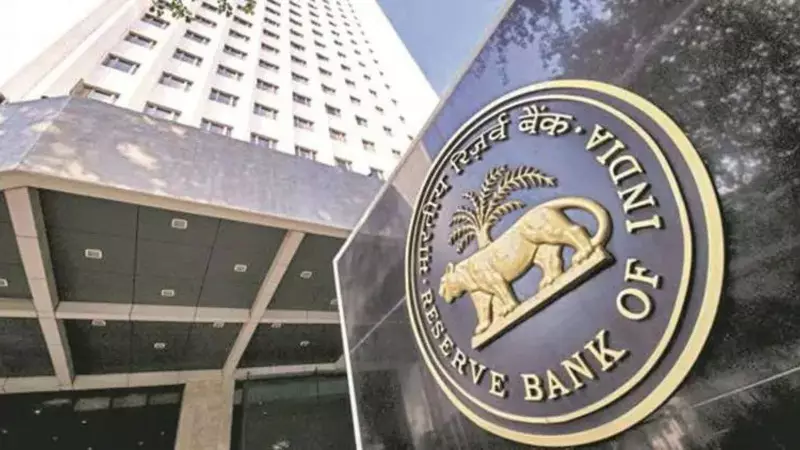
In a significant development that has sent ripples through Maharashtra's financial and political circles, the Reserve Bank of India has delivered a decisive blow to the state government's ambitious plans by rejecting the licence application for a state-backed Asset Reconstruction Company (ARC).
The proposed ARC was envisioned as a strategic weapon to tackle the staggering burden of non-performing assets (NPAs) weighing down on Maharashtra's cooperative and district central banks. With stressed loans estimated to cross the alarming ₹1 lakh crore mark, the establishment of this specialized entity was seen as crucial for financial stability.
The Cabinet's Unanimous Decision Meets Regulatory Roadblock
The Maharashtra cabinet had previously given its unanimous approval for the creation of this asset reconstruction company, recognizing the urgent need to address the growing NPA crisis in the state's banking sector. The proposal had moved through the appropriate governmental channels, making the RBI's rejection particularly stinging for the state administration.
What This Setback Means for Maharashtra
The denial of the ARC licence creates several immediate challenges for the Maharashtra government:
- Continued NPA burden: The massive ₹1 lakh crore in stressed loans will remain without a dedicated resolution mechanism
- Cooperative bank vulnerabilities: District central banks and cooperative banks lose a potential lifeline for recovery
- Financial stability concerns: The absence of a specialized ARC could prolong the recovery process for bad loans
- Policy implementation delay: The state's strategy for financial sector reform faces significant hurdles
The Regulatory Perspective
While the RBI has not publicly detailed its specific reasons for the licence denial, the central bank maintains strict criteria for ARC approvals. Regulatory concerns typically revolve around governance structures, capital adequacy, management expertise, and recovery capabilities of proposed asset reconstruction companies.
This development underscores the challenging environment for state-led financial initiatives and highlights the rigorous scrutiny applied by India's banking regulator to new entrants in the financial resolution space.
The Maharashtra government now faces the task of either addressing the RBI's concerns through a revised application or developing alternative strategies to handle the mounting stressed assets problem that continues to affect the state's financial ecosystem.





